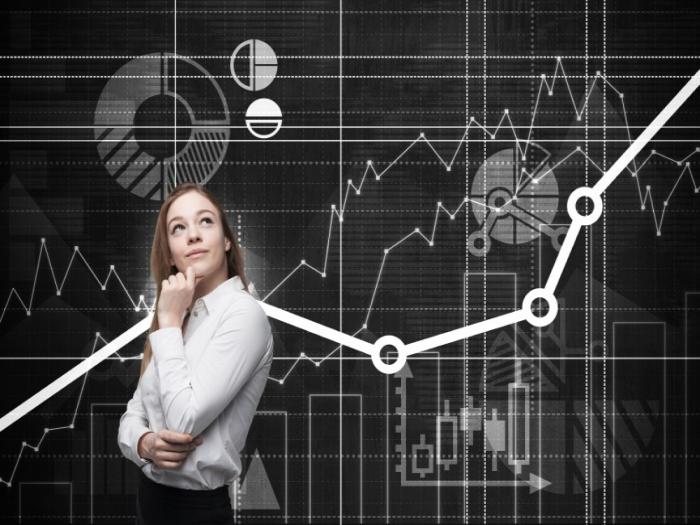

Economics is an increasingly popular field of study, typically offered at both business and liberal arts colleges. A degree in economics allows for a wide range of career options. Those seeking economics degrees generally gain an assortment of qualitative, quantitative, and analytical skills, making them extremely marketable to employers.
What is Economics?
Economics is the social science concerned with the allocation of a scarce amount of goods to an unlimited number of wants. Economists may research and evaluate data related to anything of value, including land, labor, and capital. Those enrolled in economics programs will learn about the economy on a micro level, looking at, for example, the representative firm or the representative consumer. Students will also study the economy on a macro level, analyzing monetary and fiscal policy and their subsequent effects on different markets. A degree in economics could be a lucrative career path, often acting as a segue into the financial industry.
What to Do With an Economics Degree?
Perhaps one of the most attractive qualities of this degree is its nonrestrictive nature; for it is by no means restricted to one particular job category. In choosing a career path, it is important to evaluate your strengths as well as your preferences. Economics majors can continue on to work in a wide range of careers. Some of the most common fields that economics majors choose to enter include:
- Finance (both banking and insurance sectors)
- Consulting
- Management
- Marketing Research
- Analyst Positions
- Government (According to 2014 data from the Bureau of Labor Statistics, local, state and federal government agencies employed 45 percent of all practicing economists in 2006.)
Getting an Online Economics Degree
Those who are faced with professional or family commitments may find online economics programs as more convenient options. Online degrees have become increasingly popular within the last few years, as they allow for both flexibility and convenience. Most online classes have an online adviser who assists students with any concerns regarding the class material. Depending on the program, some classes may incorporate participation into the course. Furthermore, in some cases students may by able to partake in live classes through a high speed Internet connection. Although online courses typically do not allow for face-to-face discussion and the fervent class debates that may be typical of traditional college settings, many find that the benefits of convenience outweigh these minor drawbacks.
What Classes Do I Have to Take?
Students seeking an economics degree will typically have a fairly even split of both quantitative and qualitative courses. In most programs, students will need to take certain mandatory classes such as Principles of Microeconomics & Macroeconomics (usually 2 separate courses), Theory of Microeconomics & Macroeconomics (usually 2 separate courses), Statistics, Econometrics, and Calculus. However, most programs allow for a number of economics electives to count towards the degree, enabling students to choose classes that align more with their interests. These elective courses may be more specialized or focus on one particular aspect of economics. Economics electives vary depending on the program, but may include courses such as Game Theory or Monetary Theory & Policy. These courses are typically divided between upper and lower level electives.
What Skills Do Economists Acquire?
Part of the reason economists are so marketable is because of their vast range of analytical, quantitative and qualitative skills.
- Data Acquisition Skills: Economists may be asked to make projections or policy recommendations based on a large data set. Economists rely on their ability to parse out important or empirically significant trends to make accurate predictions and draw conclusions.
- Critical Thinking Skills: Economists should be able to look past the data and draw conclusions.
- Pattern Recognition: Of all people, economists understand the cyclical nature of the economy and businesses. Their ability to recognize these patterns and even predict them makes them a valuable asset to companies.
- Written Skills: Economists do much more than crunch numbers all day. A successful economist can relate their findings in a way that makes sense to the general public without having to use technical terminology.
Do I Need a License to Practice Economics?
Economists do not need any state or federal licenses to gain employment or practice economics. The closest thing to a license that you will need is a degree – a bachelor’s degree is strongly preferred by most employers. However, if an economist chooses to work in the financial industry, (s)he may have to follow the same regulation and certification rules as bankers or brokers.
A degree in economics creates a variety of employment and career options. Those with a degree in economics (whether online or traditional) will gain a valuable skillset, making them extremely marketable to employers. Although obtaining a degree in economics is by no means a simple process, it can prove a rewarding field.

 2009 SIIA CODiE WINNER
2009 SIIA CODiE WINNER